Solar System
Latest about Solar System

Mercury is weird because of a 'hit-and-run' incident in its youth
By Sharmila Kuthunur published
"What surprised us, at the end, was how effective this type of impact could be in explaining Mercury's unusual structure without needing to consider multiple collisions or extremely rare conditions."
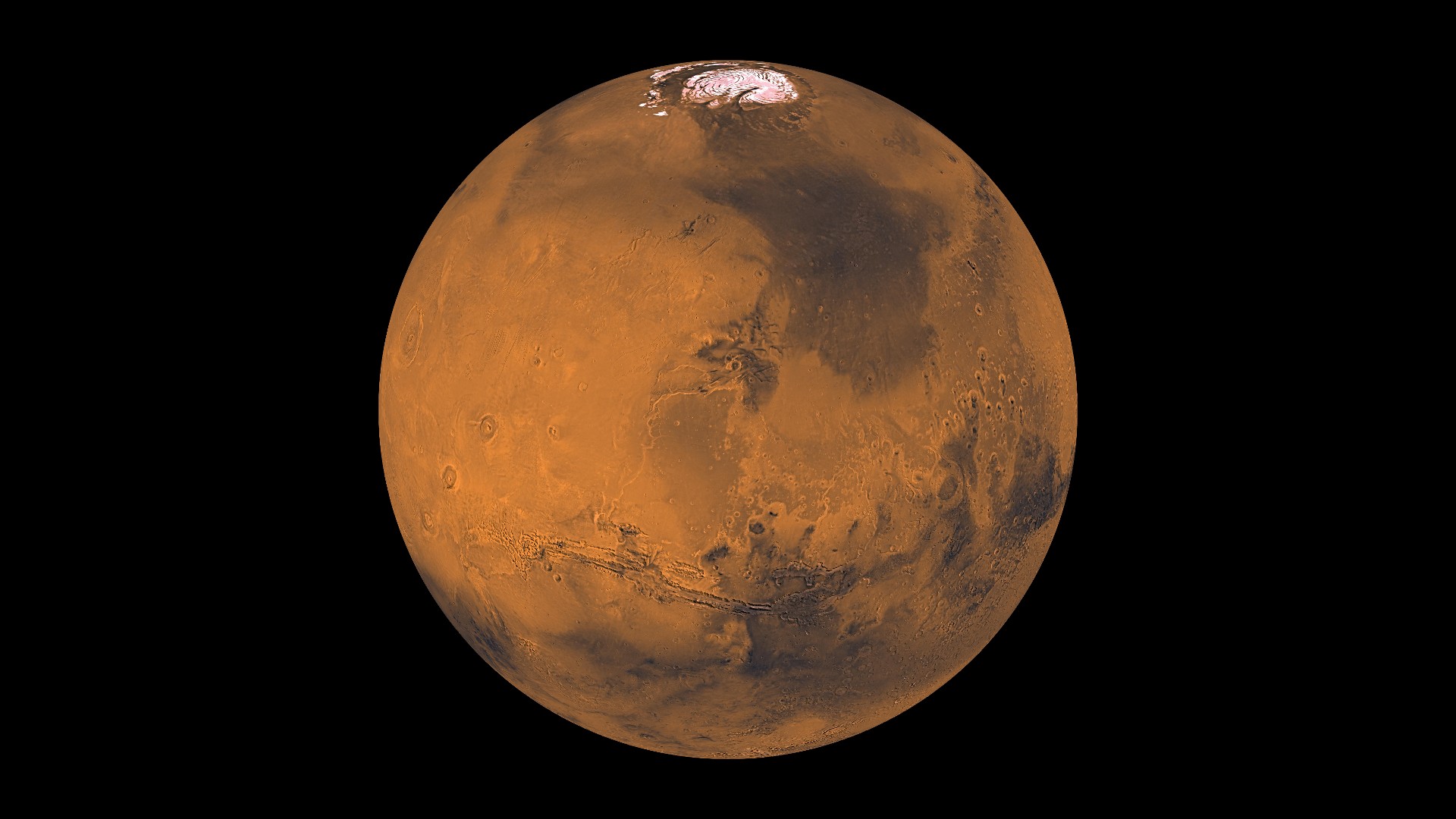
Mars: Facts about the Red Planet, its moons, and possibilities for life
By Adam Mann, Brandon Specktor last updated
Discover interesting facts about Mars, its moons, its atmosphere, and the possibilities of life.
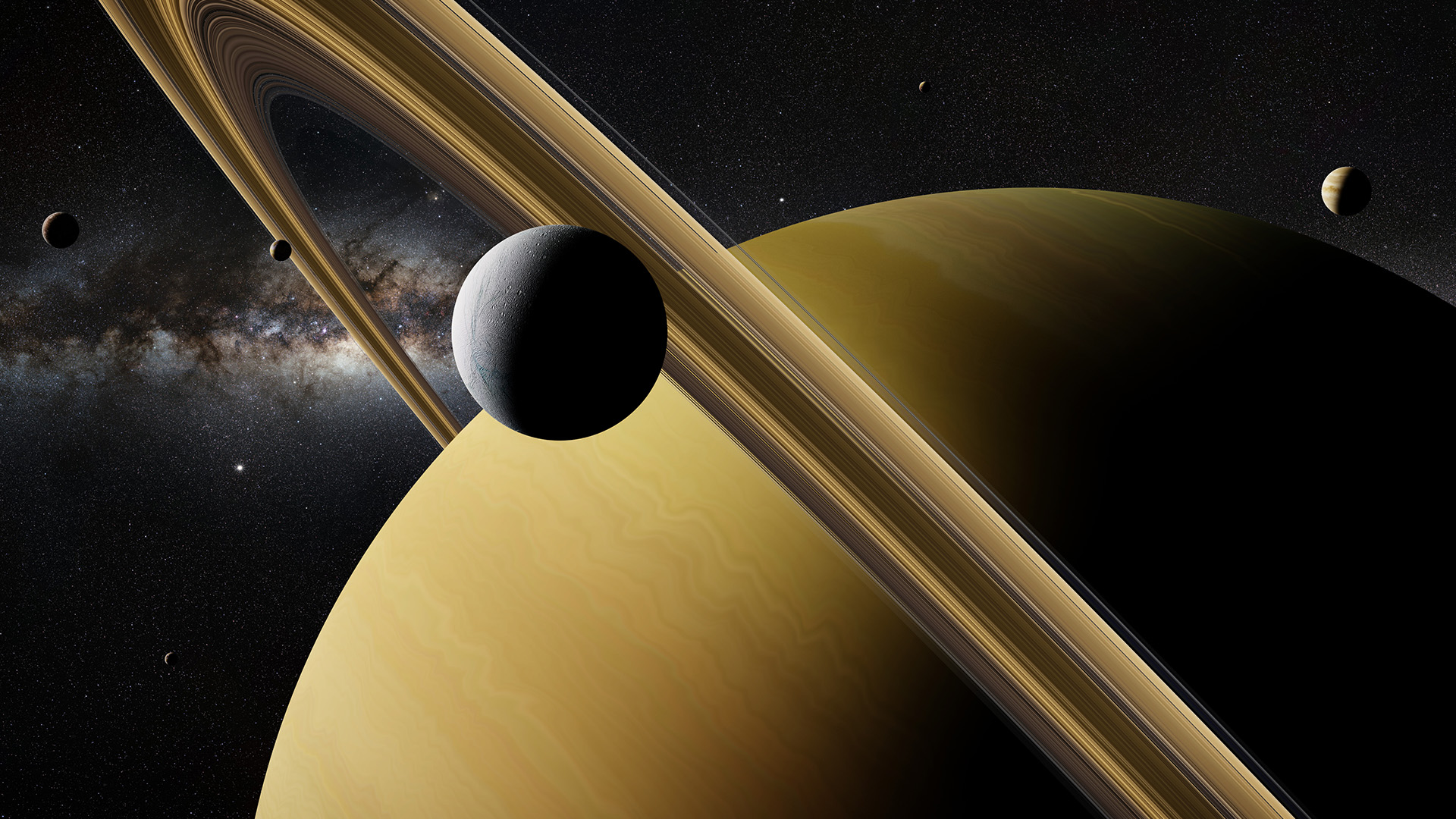
How many moons are in the solar system?
By Harry Baker last updated
The solar system has many more moons than the one we can see in the sky. But how many do we actually know about? And how many more are waiting to be discovered?
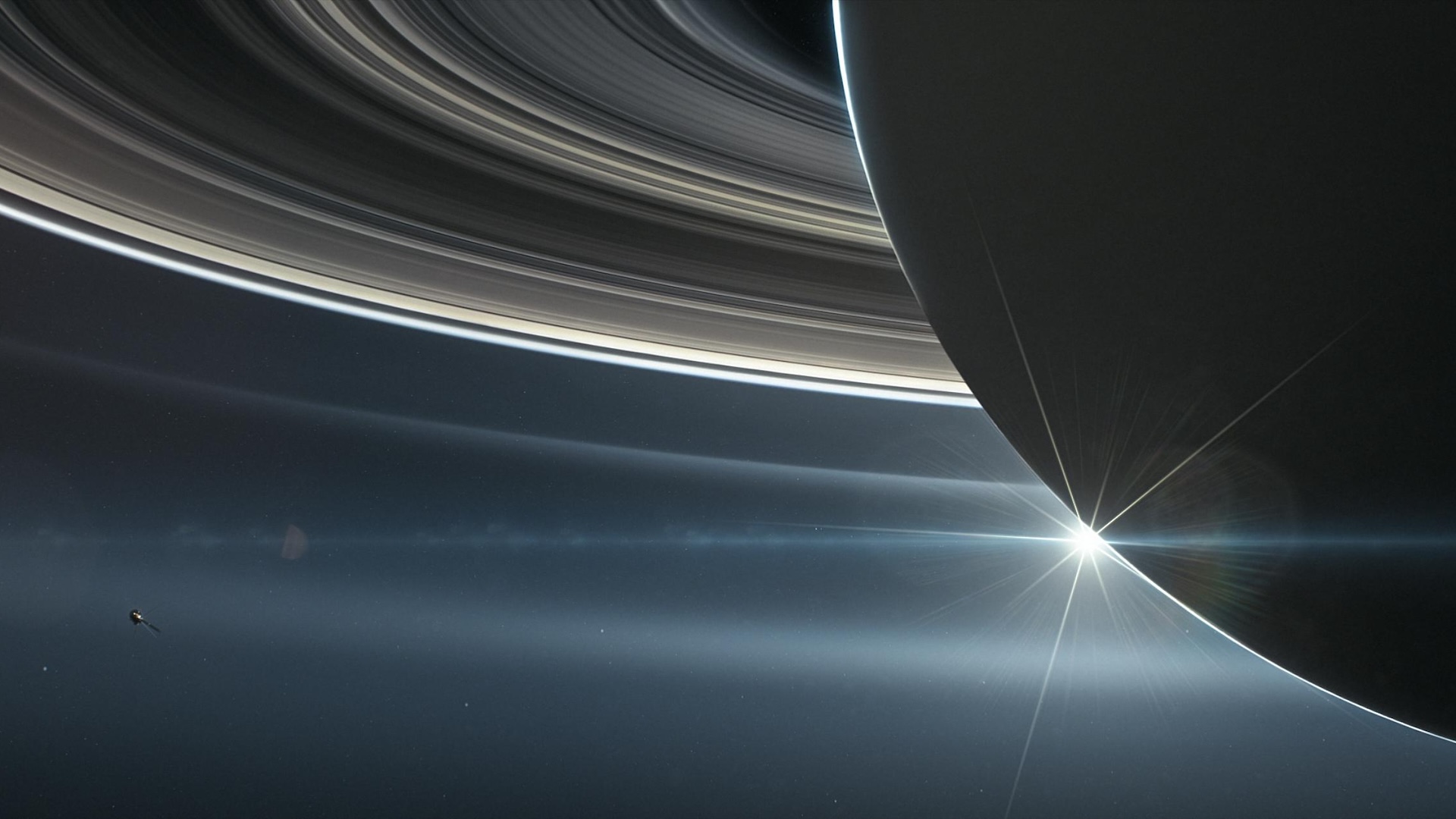
Saturn gains 128 new moons, giving it more than the rest of the solar system combined
By Ben Turner published
Faint signatures detected by the Canada France Hawaii Telescope have revealed 128 new moons around Saturn, making it the indisputable frontrunner for having the most moons in our solar system.
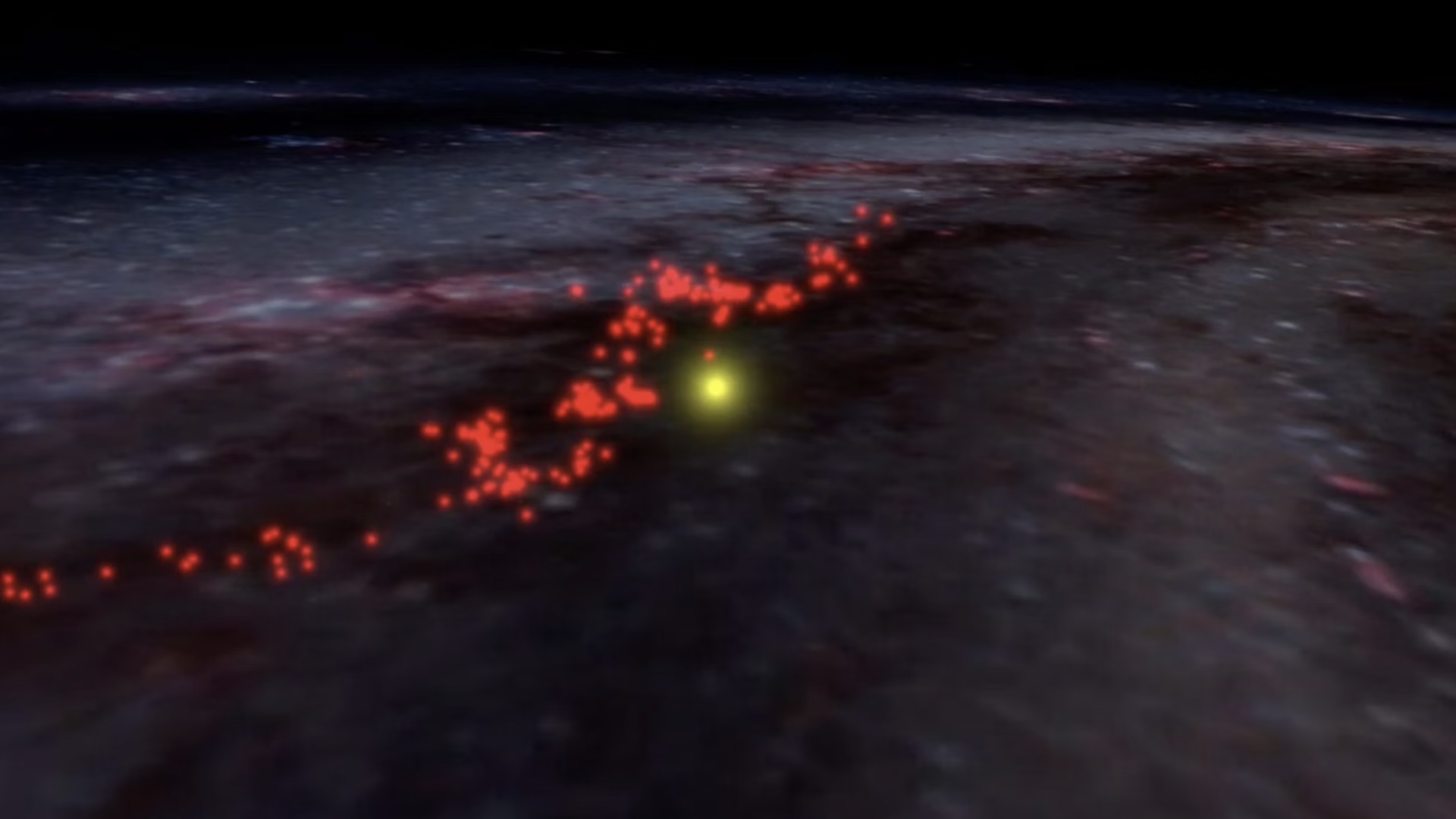
A giant extraterrestrial 'wave' hit Earth 14 million years ago — and may have dramatically altered our planet's climate
By Sharmila Kuthunur published
Our solar system's journey around the center of the Milky Way takes it through varying galactic environments, and one may have had a lasting impact on Earth's climate, according to a new study.
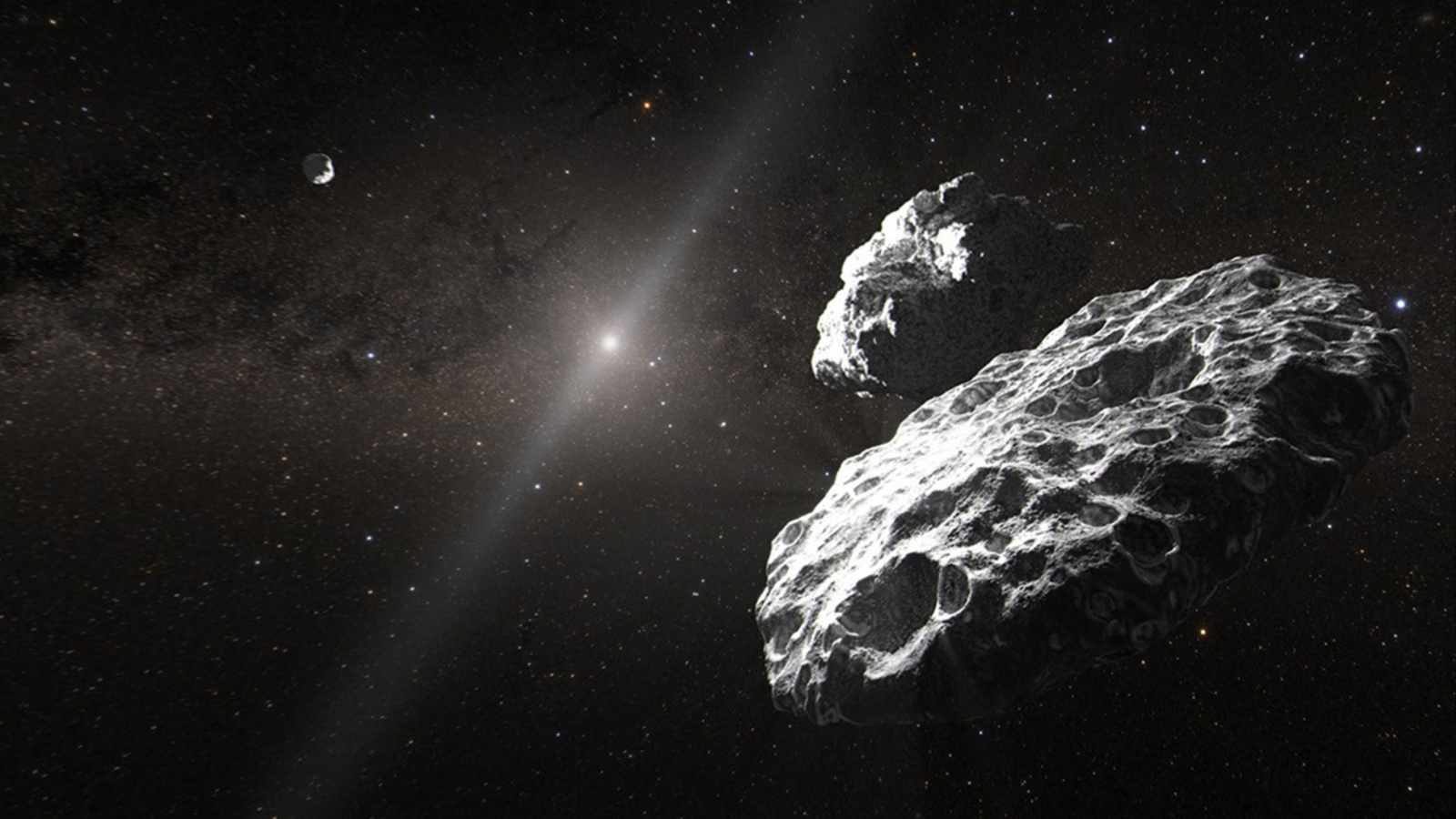
Astronomers identify a celestial '3-body problem' lurking in the outer solar system
By Harry Baker published
New research suggests that a binary pair of Kuiper Belt objects, known as the Altjira system, is actually made up of three separate bodies orbiting one another in a complex triad. This rare orbital configuration is often referred to as the "three-body problem."
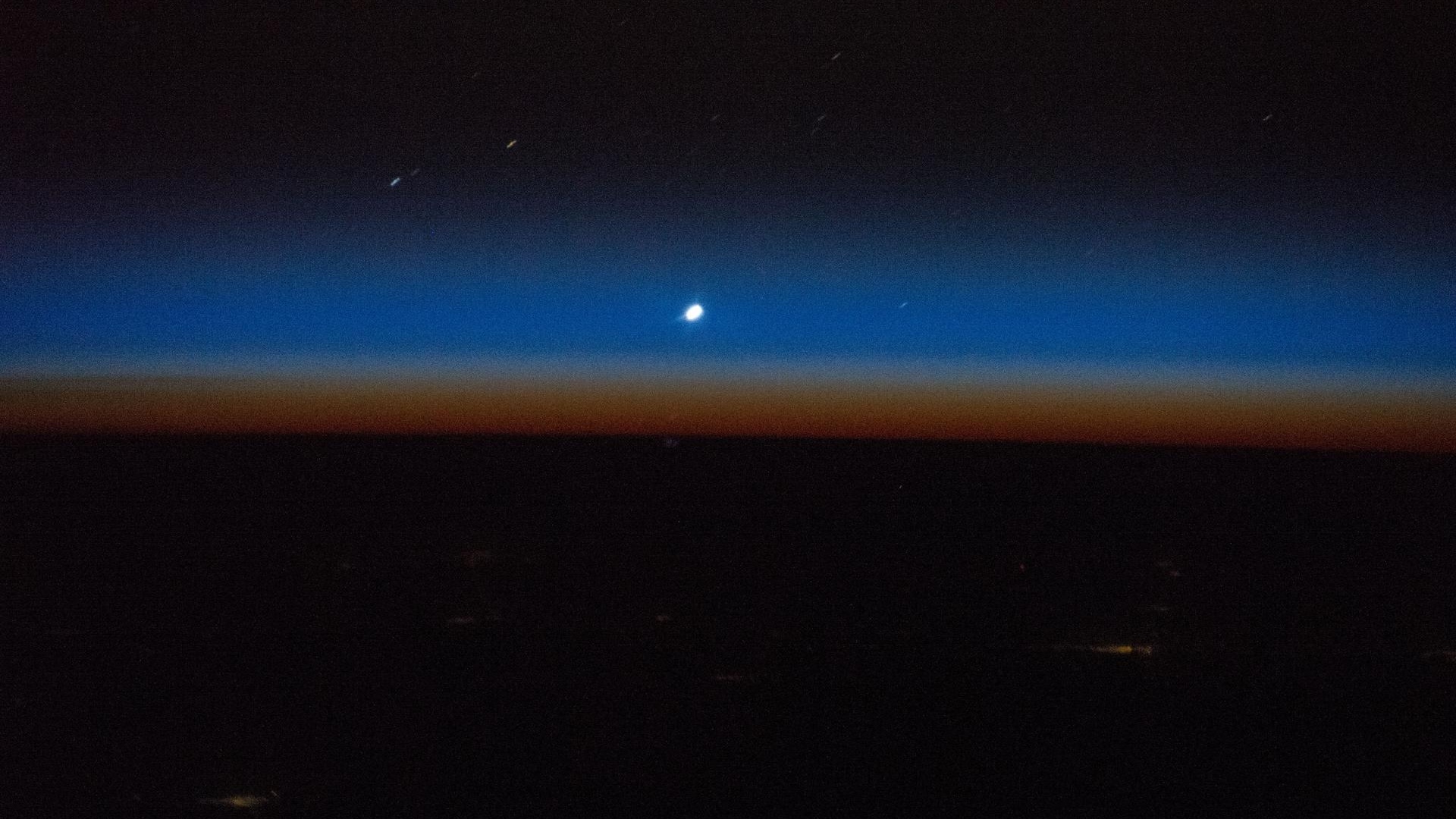
'Planet parade' ends with a rare conjunction of Venus and Mercury at sunset. Here's how to watch.
By Jamie Carter published
The two innermost planets, Venus and Mercury, will shine together low in the western sky at sunset on March 10. Here's how to get the best view before they disappear.
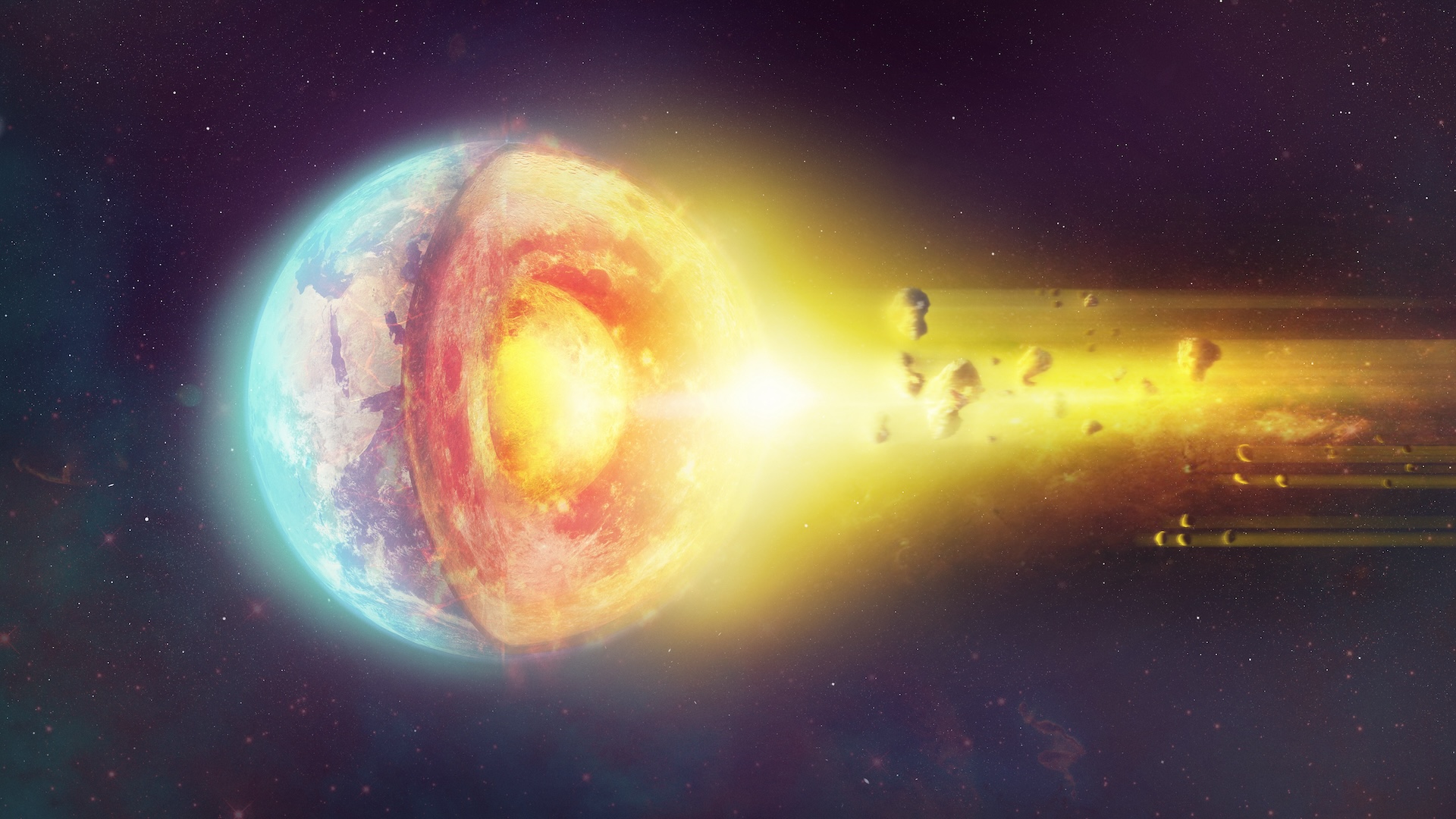
'Primordial' helium from the birth of the solar system may be stuck in Earth's core
By Stephanie Pappas published
The discovery that helium and iron can mix at the temperatures and pressures found at the center of Earth could settle a long-standing debate over how our planet formed.
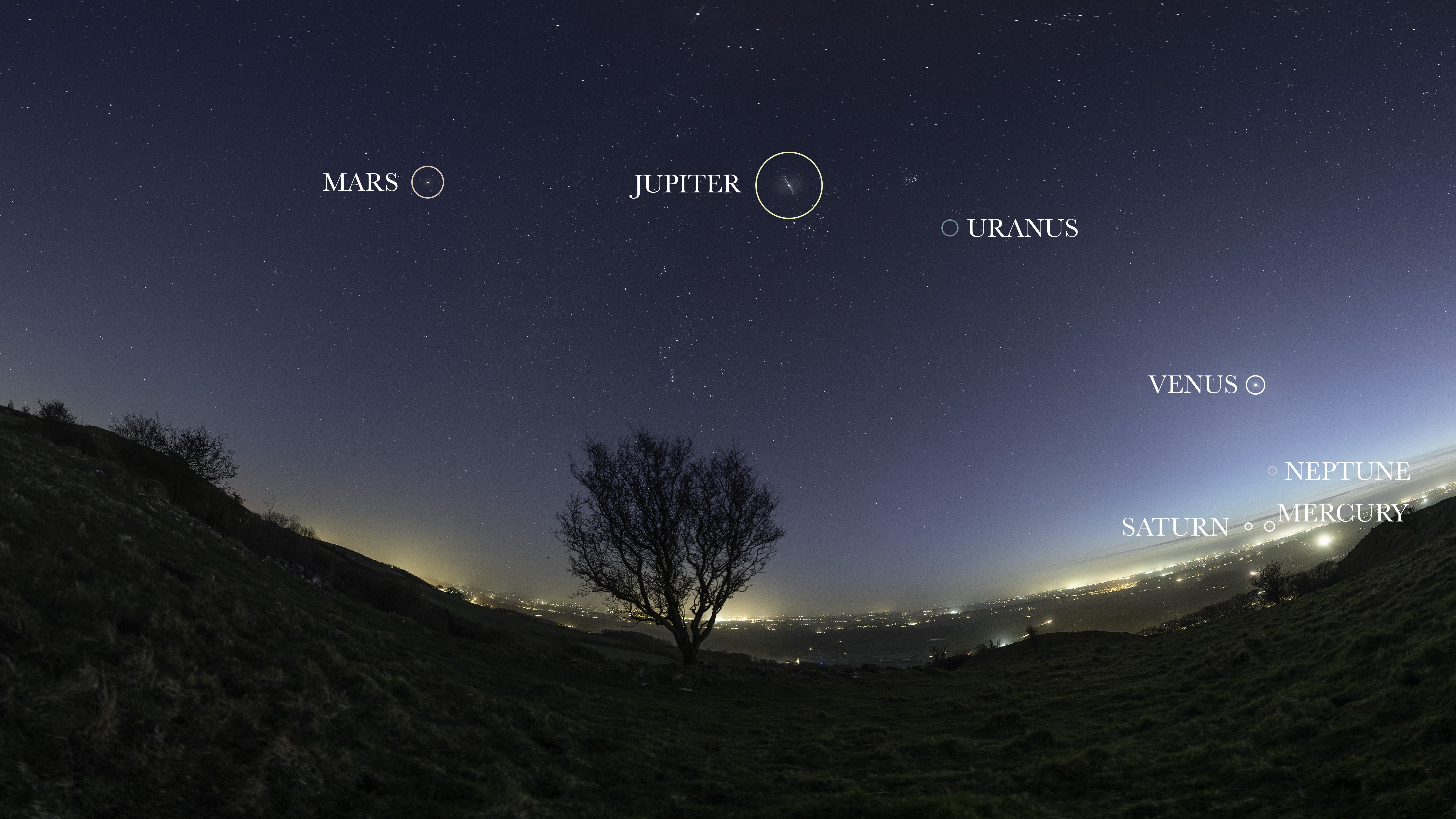
'Planet parade' photo captures 7 planets in a line over Earth — possibly for the 1st time ever
By Ben Turner published
A stunning photo of a "parade of planets", shows Mars, Jupiter, Uranus, Saturn, Venus, Neptune, and Mercury in alignment from Earth. The image could be the first of its kind.
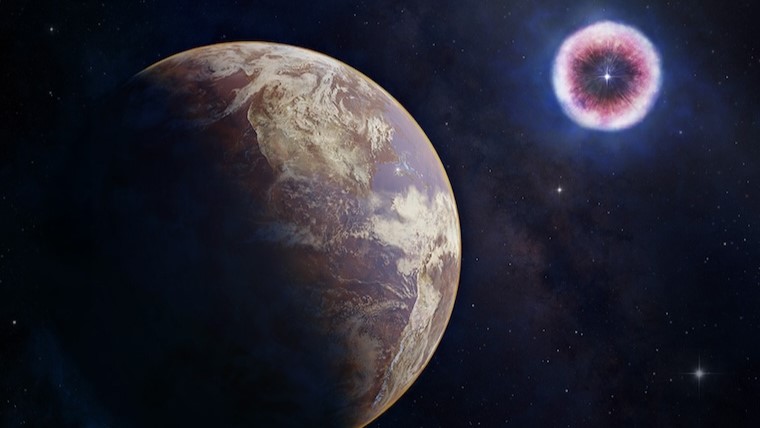
Did a supernova 6 million years ago kickstart evolution in Africa? New study offers a clue
By Ben Turner published
A curious connection between an ancient supernova and virus diversification in one of Earth's biggest lakes means that crazy cosmic events may have had more influence on our planet than we thought.
Sign up for the Live Science daily newsletter now
Get the world’s most fascinating discoveries delivered straight to your inbox.
